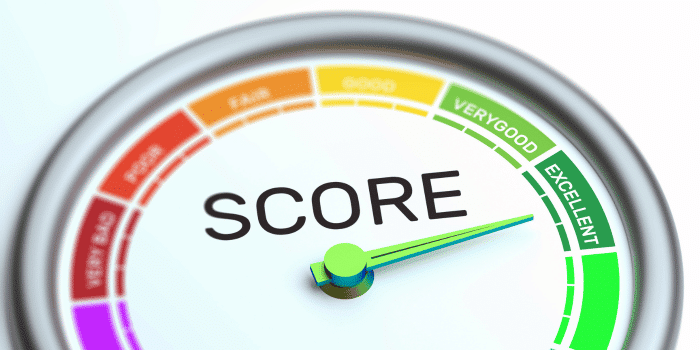Establishing a strong web presence has become essential for professionals in all fields. With the rapid growth of social media platforms, these online channels have emerged as powerful tools for building and managing one’s professional image. In this blog, we will explore the significance of social media in shaping a professional web presence and discuss effective strategies for leveraging these platforms to create a positive online identity.
Understanding Web Presence
Web presence refers to the overall representation of an individual or business on the internet. It encompasses websites, social media profiles, online portfolios, and any other digital assets that contribute to an individual’s online reputation. A robust web presence is crucial as it allows professionals to showcase their skills, expertise, and personal brand to a global audience.
Harnessing the Power of Social Media
Creating a Cohesive Personal Brand:
Social media platforms such as LinkedIn, Twitter, and Instagram offer professionals the opportunity to curate and present a cohesive personal brand. Consistency in tone, content, and visual elements across different social media profiles helps to establish a strong and memorable professional identity.
Networking and Building Connections:
Social media acts as a virtual networking hub, enabling professionals to connect and engage with industry peers, influencers, and potential clients or employers. By actively participating in relevant conversations and sharing valuable insights, professionals can expand their networks and build relationships that contribute to their web presence.
Showcasing Expertise and Thought Leadership:
Posting informative and relevant content related to one’s field of expertise positions professionals as thought leaders in their industry. By sharing insightful articles, industry trends, or personal experiences, professionals can build credibility and establish themselves as trusted sources of information.
Engaging with the Online Community:
Engaging with the online community through social media fosters meaningful conversations and demonstrates a genuine interest in the industry. Responding to comments, answering questions, and participating in discussions not only helps to establish authority but also enhances the professional’s web presence by showcasing their willingness to engage and contribute to the community.
Amplifying Professional Achievements:
Social media provides an excellent platform for showcasing professional achievements, awards, certifications, and project successes. Sharing these milestones not only bolsters credibility but also demonstrates the value and expertise that professionals bring to their respective fields.
Monitoring and Managing Online Reputation:
Social media platforms allow professionals to monitor their online presence actively. By regularly searching for their name or brand and leveraging privacy settings effectively, professionals can control the information available about them online and proactively address any negative or misleading content that may impact their web presence.
Check out our Previous Blogs- Keep Up With All The Latest In The Digital World







